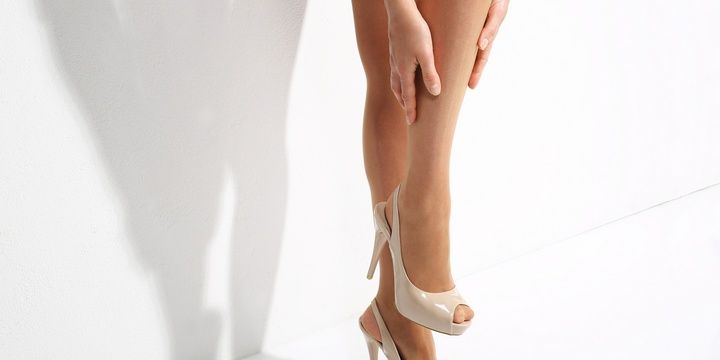5. Fluid Retention
Decreased kidney function is often accompanied by severe liver damage. Both of these problems cause fluid retention. Not only can your feet, legs and ankles swell. Swelling may also occur in the abdominal area. If the problem is not too severe, it can be solved by taking diuretics. There are more aggressive procedures and treatments, for example, surgical drainage. Operation is inevitable only if diuretics do not work.

